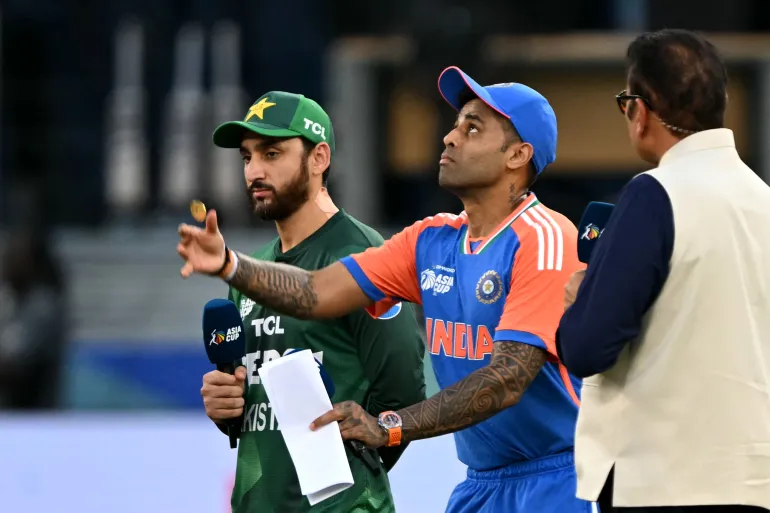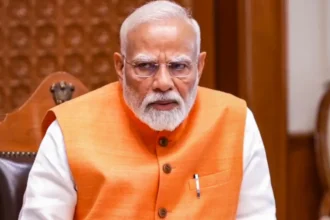“By Omay Aimen”
In today’s world, alliances are not always built only on trade or defense. Some are forged on shared ideas that can be dangerous when they target entire communities. The growing bond between the Modi government and Israel is one such example. What started as cooperation in technology and security has now become something deeper and more troubling: a partnership shaped by similar methods of control, suppression, and political manipulation. This is not just about two governments working together; it is about copying and promoting policies that harm minorities, silence criticism, and erode democratic values. The recent clash between Congress leader Priyanka Gandhi and Israel’s ambassador to India has made this alliance clearer than ever. When Priyanka condemned Israel’s brutal actions in Gaza and called Prime Minister Modi’s silence shameful, she was met with an open attack from the ambassador an attack that Modi’s government chose to ignore. That silence spoke louder than any official statement.
The ambassador’s remarks sparked anger across India. Many saw it as an insult to the country’s dignity, a breach of diplomatic respect, and a worrying sign of how much influence Israel holds over India’s political climate. Social media users accused Modi of giving the ambassador a free hand to interfere in India’s internal politics. Comparisons were drawn to colonial times, with critics saying the Israeli envoy behaved like a “viceroy” who felt empowered to lecture Indian leaders. In the eyes of many citizens, Modi’s refusal to respond was not just political passivity it was proof of how far India has drifted from protecting its own democratic space.
The political and security parallels between India and Israel are now hard to miss. In Kashmir, India uses tactics strikingly similar to those employed by Israel in Palestine: changing demographics, restricting political voices, using force against civilians, and controlling the media narrative. Outside their borders, both countries have been accused of backing proxy groups to destabilize neighbors Israel through its armed settlers and military operations, and India through alleged support to anti-Pakistan militant outfits like TTP and BLA. Both justify their actions under the banner of national security, but the results often cross into human rights abuses. This shared approach is not accidental it comes from an ideological alignment built on exclusionary nationalism.
Domestically, the Modi–Israel alignment serves an important political purpose for the BJP. It allows the government to present a tough security image while aligning with a global partner that shares its political language. The cost, however, is selective morality: strong words for certain countries, silence for others, depending on political convenience. When Priyanka Gandhi challenged this silence and echoed global condemnation of Israel, the pushback was quick and came with a clear message criticism of this alliance will not be tolerated. By letting a foreign diplomat publicly target an Indian leader without any official objection, the Modi government showed where its loyalties lie.
This incident is also a warning for India’s opposition and civil society. It shows that foreign alliances can be used as tools of domestic political control. When an outside power is allowed to play a direct role in silencing criticism, it changes the balance of politics at home. It creates a chilling effect where leaders, activists, and journalists may think twice before speaking out not because of their own government alone, but because of its powerful friends abroad. This is how sovereignty is weakened quietly, not through open conquest, but through silent influence.
This episode raises a bigger question about sovereignty and self-respect. India, once known for its independent voice in global affairs, now appears willing to accept public humiliation to protect a political friendship. While Pakistan takes clear stands against Israel’s war crimes at international platforms, India chooses silence, presenting itself as a junior partner in an ideological bloc. The attack on Priyanka Gandhi was more than a personal insult it was a symbolic strike against the idea that India is free to make its own moral and political choices. In choosing to endure that humiliation without protest, the Modi government has signaled to both its citizens and the world that national pride is expendable when weighed against the preservation of an ideological axis. That may serve the political ambitions of the BJP, but it leaves behind an unsettling question for the Indian people: at what point does strategic partnership cross the line into surrender?









